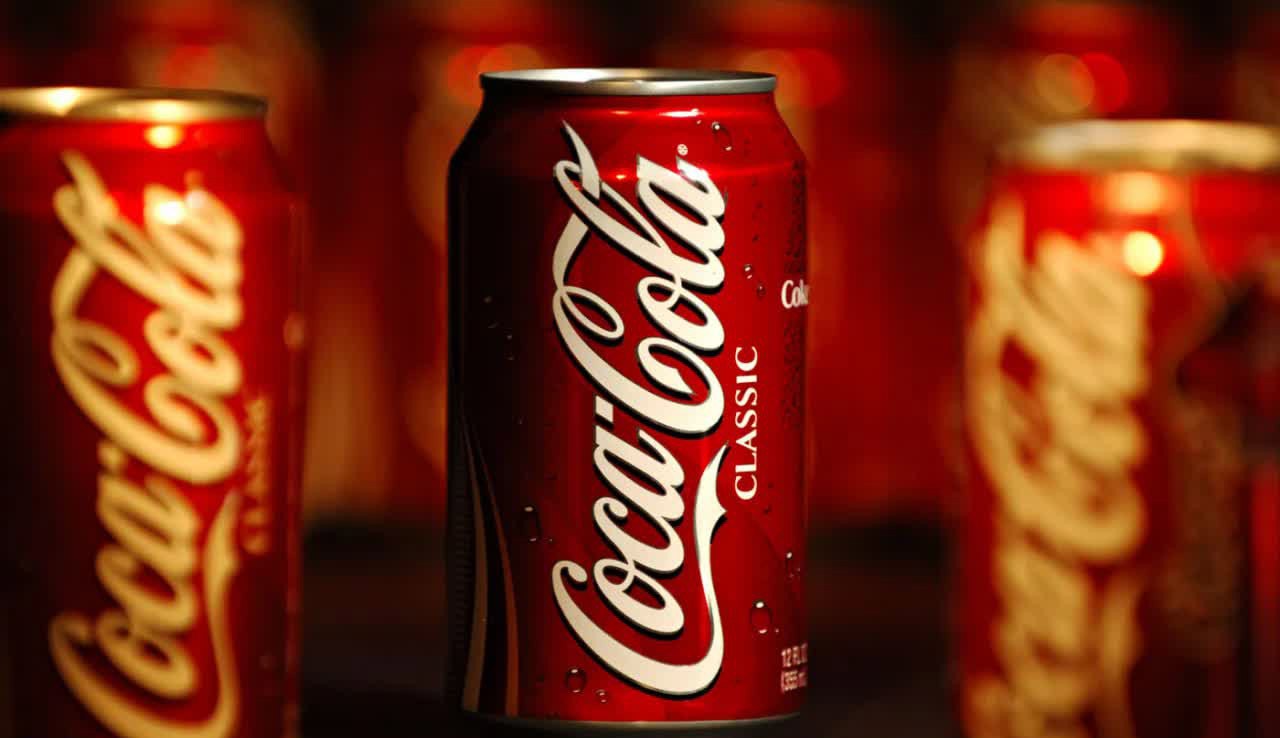The current prevalence of high-fructose corn syrup (HFCS) in the US food industry is the result of a chain of events that intertwines scientific discoveries, agricultural policy, and geopolitical challenges.
In the 1970s, Japanese researchers developed a method to produce fructose from corn starch, paving the way for the production of HFCS, an inexpensive sugar substitute. This development coincided with changes in American agricultural policy: Secretary of Agriculture Earl Butz abolished the previous subsidy system and encouraged farmers to grow corn en masse. The result was its overproduction.
During this period, American agricultural products found a major external buyer — the Soviet Union, which was experiencing a shortage of grain. In 1972, the USSR bought more than a quarter of the entire U.S. corn crop, which led to a triple increase in grain prices. However, after the outbreak of military operations in Afghanistan and the subsequent embargo on grain exports imposed by the administration of President Jimmy Carter in 1979, excess corn volumes collapsed prices in the domestic market.
This opened a wide path for the spread of HFCS: it turned out to be much cheaper than traditional cane sugar. In the early 1980s, major manufacturers of beverages and food products began to introduce corn syrup in large quantities in recipes. In order to maintain HFCS ' competitive advantages, legislation was passed in 1981 that restricted sugar imports, which ensured stable demand for the domestic product.
Over the following decades, HFCS became an integral part of the American food system and became an economically and politically significant ingredient. Its widespread use is due not only to the cost price, but also to large-scale support from lobbying groups representing the interests of agricultural producers and the food industry.
Today in the United States, the discussion about the dangers of corn syrup is once again heating up. One of the presidential contenders, Robert F. Kennedy Jr., is in favor of a complete ban on HFCS, raising the question not only of the health of the nation, but also of dismantling the system that has been forming for almost half a century. The difficulty lies in the fact that corn syrup has become a symbol of an entire era of American food policy, where economic interests have repeatedly intersected with global politics.











